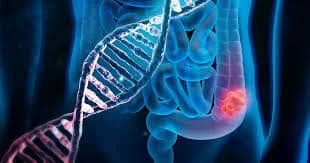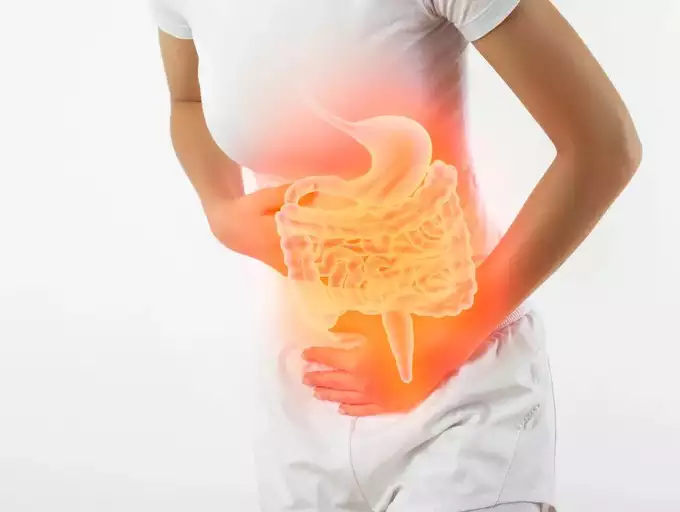COLON CANCER
WHAT IS COLON CANCER
Colon cancer, also known as colorectal cancer, refers to the development of cancerous growths in the colon or rectum. It usually starts as benign polyps that can turn cancerous over time.
Colon cancer is one of the most common types of cancer worldwide. Symptoms may include changes in bowel habits, blood in the stool, abdominal pain, fatigue, and unexplained weight loss.
Early detection through screening tests, such as colonoscopies, is crucial for timely treatment. Treatment options include surgery, chemotherapy, radiation therapy, and targeted therapies, tailored based on the stage and severity of the cancer.
SYMPTOMS OF COLON CANCER
There are some circumstances when you should always see a doctor straightaway for Colon Cancer. These include if:
- Changes in bowel habits, such as persistent diarrhea or constipation.
- Blood in the stool or rectal bleeding.
- Abdominal pain or discomfort, including cramps or bloating.
- Unexplained weight loss.
- Fatigue or weakness.
- Iron deficiency anemia (low red blood cell count) resulting in weakness, fatigue, and shortness of breath.
- Narrow stools.
- Persistent urge to have a bowel movement despite emptying the bowel.
- Feeling that the bowel does not empty completely.
- Unexplained abdominal pain or discomfort.



10+ Years Of Experience
Established for over 10 years, Sahast Medisales offers trusted and experienced healthcare services worldwide. Your well-being is our priority.
Quality Treatment
Sahast Medisales: Ensuring quality treatment, we provide exceptional medical tourism services, ensuring your well-being and satisfaction at every step.
Top Hospital Tie Ups
Discover our medical tourism services with exclusive tie-ups with top hospitals in India, ensuring exceptional healthcare and personalized treatment experiences.
CAUSES OF COLON CANCER
Years of Experience
Rated On Google
Patients Treated
Active Member
FAQ's
FREQUENTLY ASKED QUESTIONS
Common symptoms of colon cancer include changes in bowel habits, blood in the stool, abdominal pain or discomfort, unexplained weight loss, fatigue, and persistent abdominal cramps or bloating.
Diagnosis typically involves a combination of medical history review, physical examination, and various tests, including colonoscopy, fecal occult blood test, imaging tests (such as CT scan or MRI), and biopsy to examine a sample of the affected tissue.
Screening guidelines recommend that individuals at average risk should start regular colon cancer screenings at the age of 45 or 50. However, those with a family history or other risk factors may need to start screening earlier.
Treatment options for colon cancer depend on factors such as the stage and location of the cancer. They may include surgery to remove the tumor and affected colon segments, chemotherapy, radiation therapy, targeted therapies, and immunotherapy, often used in combination to effectively treat the disease.
GET IN TOUCH WITH US!
Your Destination for Exceptional Medical Care and Global Pharmaceutical Solutions.

